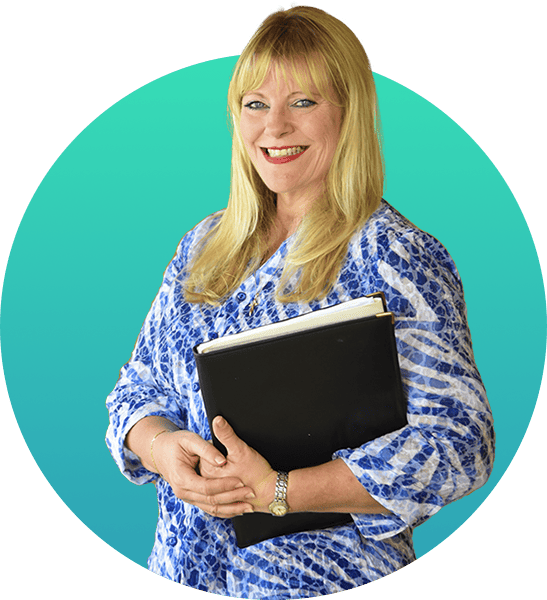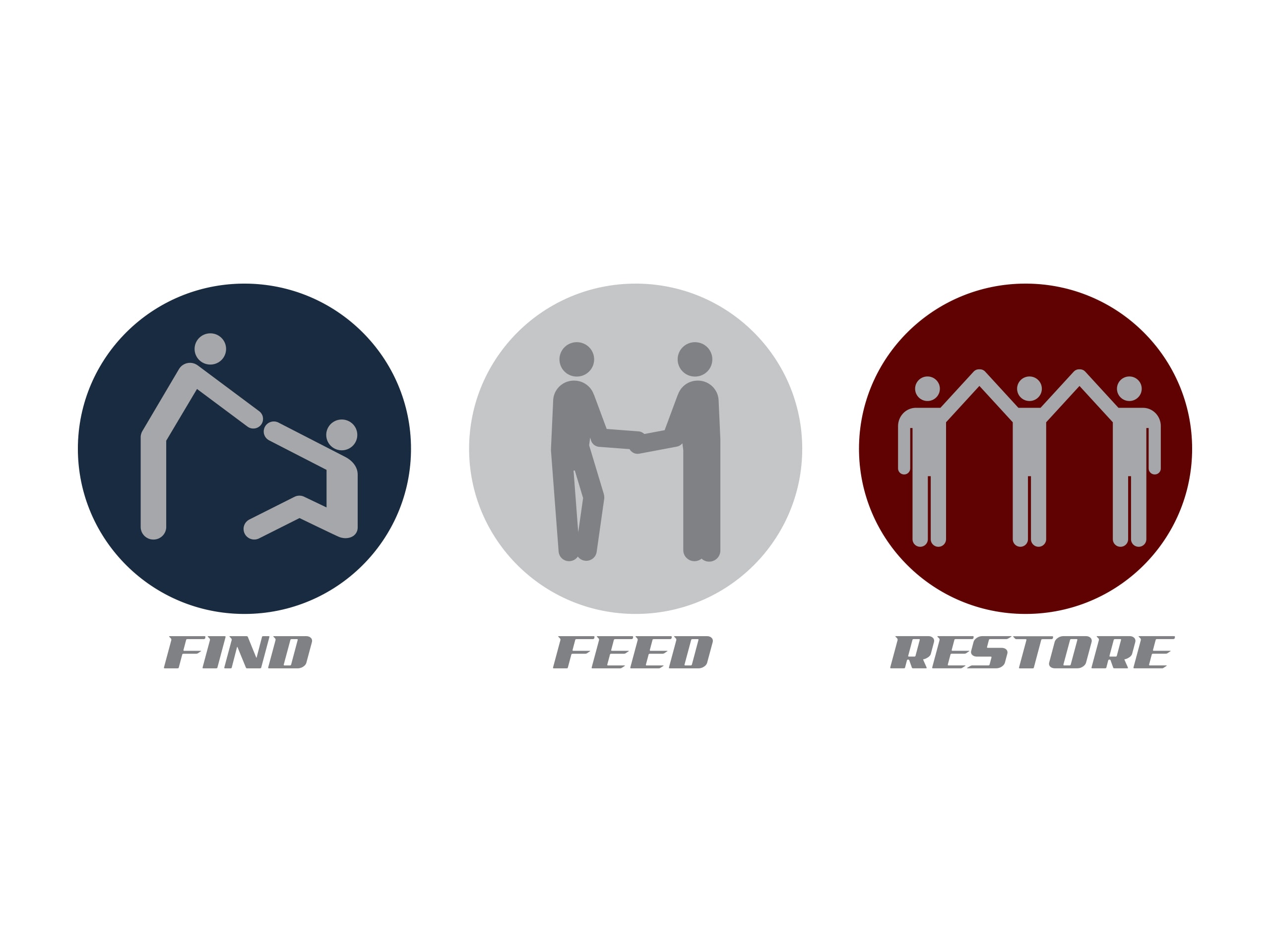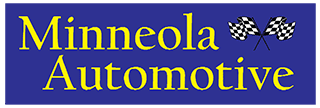Tips To Avoid A Tax Audit
I like to joke … ‘what does a CPA really stand for?’ Those who know me, know what I am referring to … a Certified Pain in the A_ _! Why do I say that? The way I look at it, I want to make sure you are protected for the “what if” you are audited. The IRS does not look at your recently filed tax return until maybe a year after you file, but it could be two years after you file. They do not get all of your W2s until August or later which means you may now be receiving a letter from the IRS for 2017 or prior returns.
What Can You Do To Make Sure You Are Alright For The “What If”?
Save your receipts, your bank statements, your annual contributions, any documentation you indicated on your tax return. If the IRS audits you, the burden of proof of the deduction you claim falls on you; if they come after you for a criminal issue, then the burden of proof is on them. Hopefully neither of these two issues come to play, but the more documentation you have the better chance you have.
I am often asked, what can I deduct for a business expense? A business expense is any transactions that is both ordinary and necessary. An ordinary expense is one that is common and accepted in your trade or business. A necessary expense is one that is helpful and appropriate for your trade or business. When claiming these business expenses, always have a receipt for each transaction and make sure you never commingle personal and business funds.
False Or Fraudulent Tax Return
There are many examples I can I tell you about when it comes to tax crimes, the most common crime is filing a false or fraudulent tax return. The criminal statue, 26 US Code § 7206, is very broad and has an array of offenses. Any line on your tax return, if it is false, even if it does not impact the bottom line is a false return. This applies to income tax returns (individuals, corporations, partnerships, gift and estate, excise tax and amended returns). Any return, statement, or documents, given to the IRS (as long as it is submitted under the penalties of perjury), means you filed a false return. This is why it is very important to make sure you have your receipts, your documentation. This is why I am a CPA! I am always asking for receipts, bank statements, anything that tells why you are claiming that deduction; making sure you are doing what you should be doing.
Just to give you a clear picture of what false statements are:
Omitting false receipts
Overstating your inventory
Falsely reporting gross income
Falsely describing sources of income
Falsely stating purchases
Failure to include people on the payroll
Stating that payments had been made on estimated tax when in fact they were not
Falsely characterizing personal expenses as corporate expenses (BIG ONE)
Falsely answering the question as to the existence of a foreign bank account and failure to report foreign bank accounts on a form attached to an amended return. Sch B – Y or N not marked.
Be Educated
As I stated, there are many additional tax crimes for which the IRS can go after you. Be educated and make sure they do not worry about you! Do you have questions or concerns about previously filed tax returns? Do you need to file a return? Have questions about receipts, bookkeeping? Call me to schedule an appointment and I will be happy to help. Learn more about me and the services I provide at denisecalderon.com,
If you would like to learn a bit more about the federal tax crimes, here is good resource: http://federaltaxcrimes.blogspot.com/









